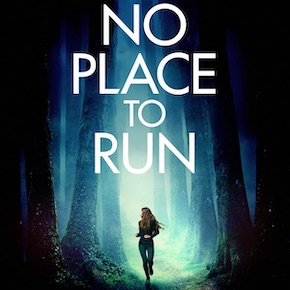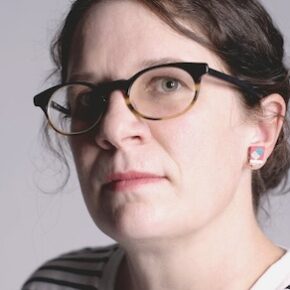
Rosa Rankin-Gee: Planet Thanet
Rosa Rankin-Gee’s widely acclaimed second novel Dreamland is a thrilling and tender portrait of a disenfranchised community in a near-future Margate ravaged by climate change and economic collapse. With the seaside town’s now-defunct amusement park as a backdrop, she deftly tackles the political and personal landscape of financial disparity, poor housing, extremism, the climate crisis...
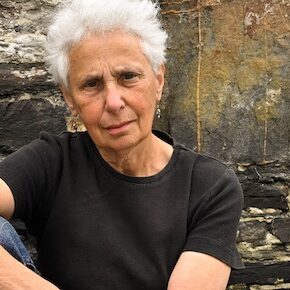
Ellen Hawley: Hard-earned love
As any art director, editor or marketer would insist, a book should always be judged by its cover. What made Other People Manage so pickupable for me, was the immediate association with books by Anne Tyler, Carol Shields, Alice Munro, Suzanne Berne… you get the picture. Physically, and thematically, this book resembles those other rather...

Stage dive
“The troubadour’s spirit is to not chase anything. You simply go about your business and wait for the world to spin slowly on its axis until eventually it comes back around and finds you – still there, waiting patiently,” writes journalist Nick Duerden in his new book Exit Stage Left: The Curious Afterlife of Pop...

Caryl Lewis: Storms and wonders and cultures on the edge
Sister and brother Nefyn and Joseph, both in their mid-twenties, have lived alone in an isolated cottage on a clifftop on the coast of West Wales for a decade since their fisherman father was lost in a sea storm. Nefyn has a close affinity to the workings of the tides, and over time has built...

Lara Williams: Lost at sea
Lara Williams’ second novel The Odyssey is a biting satire about a generation cast adrift by the gig economy. Its narrator Ingrid joined the crew of a luxury cruise ship to flee from a failed marriage, and is buffeted between ever-changing roles within a mind-numbing micro-economy which sees her faking it as anything from a...
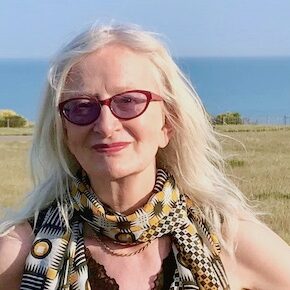
Maggie Gee: Being human
Hot on the heels of the release of a 20th anniversary edition of her Orange Prize-shortlisted The White Family, Maggie Gee’s latest novel The Red Children is a sequel of sorts. But the sometimes stark realism of the earlier book, which was motivated by her grief, anger and shame over the murder of Stephen Lawrence,...

Christina Patterson: Five lives
When her brother Tom died suddenly at the age of 57, it fell to Christina Patterson, as the last surviving member of the immediate family, to clear out his house. She diligently sorted through the papers Tom had gathered, including all manner of diaries, letters and photographs left by their parents and older sister Caroline....
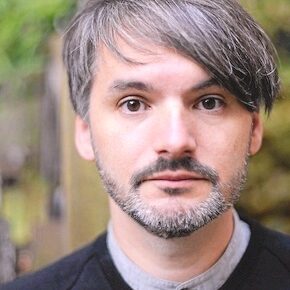
Saša Stanišić: Alternative visions
Saša Stanišić was born in former Yugoslavia in 1978 to a Bosnian Muslim mother and Serbian Orthodox father. Their flight into Germany at the outbreak of the Bosnian War in 1992 was fictionalised in his debut novel How the Soldier Repairs the Gramophone (Luchterhand Literaturverlag, 2006; Grove Atlantic/Weidenfeld & Nicolson, 2008; Pushkin Press, 2015, translated...

Armand D’Angour: A classically philosophical life?
There are books that leave you silent – with awe, or shock, or both. And then there are some others that make you yearn for the space in between silence and voice: for a space for more of the author’s thoughts, a space for questions, for engaged and engaging exchanges. Armand d’Angour’s books belong to...

Elif Shafak: Time to reconnect
Elif Shafak’s richly evocative, elegantly crafted novel The Island of Missing Trees transports readers between 1970s Cyprus and 21st–century London in a cross-generational saga of passion, trauma, memory and renewal. Greek Cypriot Kostas and Turkish Cypriot Defne fall in love as teenagers in the divided city of Nicosia in 1974, meeting undercover in the back...

